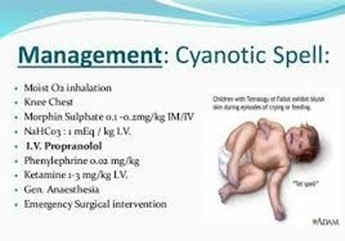A nurse is planning care for a client who is experiencing moderate vaginal bleeding due to a placental abruption. Which of the following interventions should the nurse include in the plan?
Check cervical dilation every 2 hr.
Initiate an IV with an 18-gauge catheter.
Monitor FHR hourly.
Obtain vital signs every 4 hr.
The Correct Answer is B
Choice A rationale:
Frequent cervical examinations may increase the risk of introducing infection or causing additional bleeding. Cervical examinations are not a priority in managing placental abruption.
Choice B rationale:
Placental abruption can lead to significant blood loss, and the client may require intravenous fluids and blood products to maintain hemodynamic stability. Initiating an IV with an 18-gauge catheter allows for rapid administration of fluids and blood products if needed.
Choice C rationale:
Monitoring fetal heart rate hourly is important, but addressing the mother's hemodynamic stability with IV fluids takes priority.
Choice D rationale:
Vital signs should be obtained more frequently than every 4 hours due to the risk of ongoing blood loss.
Nursing Test Bank
Naxlex Comprehensive Predictor Exams
Related Questions
Correct Answer is B
Explanation
Choice A rationale:
Morphine subcutaneously can help reduce anxiety and stress, but supplying oxygen is the priority intervention.
Choice B rationale:
During a hypercyanotic spell ("tet spell"), the infant's oxygen levels drop, leading to cyanosis (blue skin) and distress. Administering oxygen can help improve oxygen saturation and alleviate the spell.
Choice C rationale:
Calming and soothing the child may not be sufficient to address the oxygen saturation issue during a hypercyanotic spell.
Choice D rationale:
Placing the infant in a knee-chest position can help improve blood flow, but administering oxygen should be the initial step.

Correct Answer is C
Explanation
Choice A rationale:
Chlamydia is a bacterial infection, so it is treated with antibiotics, not antiviral medications.
Choice B rationale:
Clients should abstain from sexual intercourse until the treatment course is completed to prevent transmission.
Choice C rationale:
Chlamydia infections are often asymptomatic in both males and females, which can lead to undiagnosed and untreated infections. Routine screening is important to detect and treat infections early.
Choice D rationale:
The recommended frequency for chlamydia screening in female clients at risk is annually, not every 2 years.
Whether you are a student looking to ace your exams or a practicing nurse seeking to enhance your expertise , our nursing education contents will empower you with the confidence and competence to make a difference in the lives of patients and become a respected leader in the healthcare field.
Visit Naxlex, invest in your future and unlock endless possibilities with our unparalleled nursing education contents today
Report Wrong Answer on the Current Question
Do you disagree with the answer? If yes, what is your expected answer? Explain.
Kindly be descriptive with the issue you are facing.
